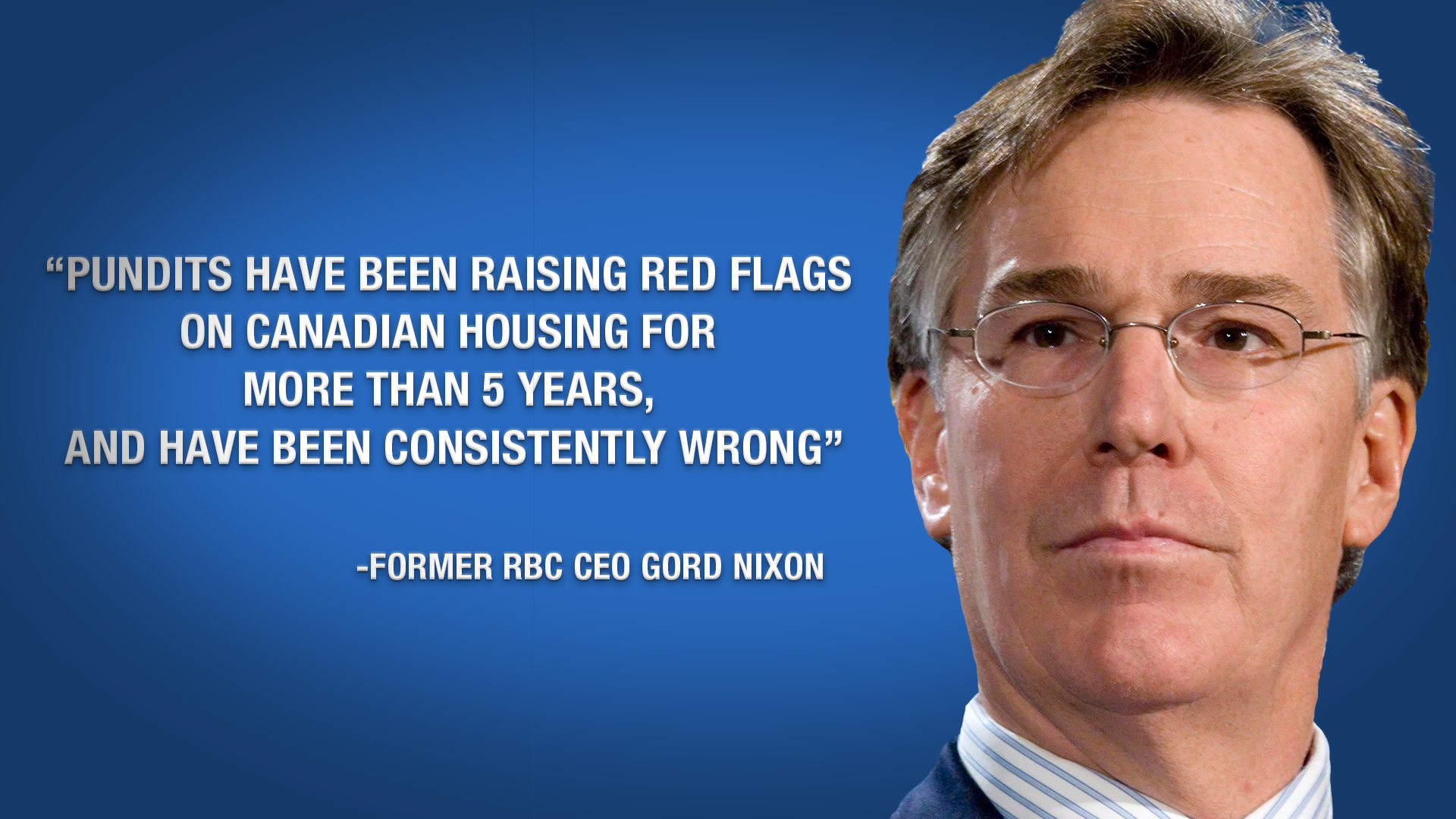
Chinese Firms Are Investing Abroad at Fastest Pace in Eight Years
China’s overseas investment is heading for an eight-year high as its dominant firms build more factories abroad, a shift that could soften criticism of Beijing’s export drive.
Latest Videos
The information you requested is not available at this time, please check back again soon.

China’s overseas investment is heading for an eight-year high as its dominant firms build more factories abroad, a shift that could soften criticism of Beijing’s export drive.

The Related Cos. founder is following the money flowing south by bringing his influence to everything from real estate to schools and health care.

Real estate brokerage stocks tumbled Thursday on waning expectations for Federal Reserve interest-rate cuts, and as a disappointing earnings release raised concern about the sector’s outlook.

Initial data on US gross domestic product for the first quarter of 2024 is set to confirm an ongoing economic boom amid a tailwind from surging immigration.

A South Florida office skyscraper from Related Cos. landed new finance tenants, including a John Paulson business and a private equity firm that counts Mark Bezos as a founding partner.
Oct 18, 2016
, BNN Bloomberg
The former head of Canada’s largest bank says new mortgage rules aimed at cooling hot housing markets are “reasonable” but says fears of a housing crash are overblown. “The pundits have been raising red flags on the Canadian housing market for more than five years – and have been consistently wrong,” Gord Nixon, former CEO of RBC, told BNN in an interview Tuesday.
Earlier this month, Finance Minister Bill Morneau unveiled new mortgage rules that force banks to stress test all new insured mortgages at a dramatically higher interest rate. The federal government is also looking at the option of forcing banks to take on more of the risk of mortgages that could default.
Nixon said those moves are reasonable. “I’m always a little cautious in sort of overstepping government intrusion into natural markets,” he said. “I think being more conservative at a time like this is certainly a natural reaction and not an overreaction.”
Nixon’s comments come a day after former TD Bank CEO Ed Clark told BNN that Ottawa’s move to cool the housing market is welcome and overdue. Clark said that he recommended Ottawa take similar measures four or five years ago.

Nixon, who is currently chairman of MaRS – a not-for-profit organization in Toronto that looks to connect science, business and investors -- says Canada’s banks have been doing a good job of managing housing risks.
“By and large, the system has worked reasonably well,” he said. “I think it’s important to differentiate between markets. Vancouver is not Toronto and Vancouver and Toronto is not the rest of Canada.”
Canada’s banks have always employed cautious and conservative lending policies when it comes to the real estate market, according to Nixon; he believes those policies helped safeguard the Canadian banking sector during the 2008 global financial crisis. Unlike in the U.S., Canada’s housing market did not collapse – and it won’t collapse now, predicted Nixon.
“I appreciate why policymakers have been moving in the direction they have been moving but we have yet to have -- and I don’t believe we are going to have – a major, major collapse in housing.”
With low interest rates expected for the foreseeable future, Canada’s housing markets remain stable and strong, said Nixon. However, he cautioned an economic shock that creates widespread unemployment could change that. If that happens, the sharp rise in home prices could lead to a painful fall. “I don’t think we are at more risk to a collapse but clearly the downside has appreciated because of housing prices,” he said. “It’s just something we are going to have to manage against.”